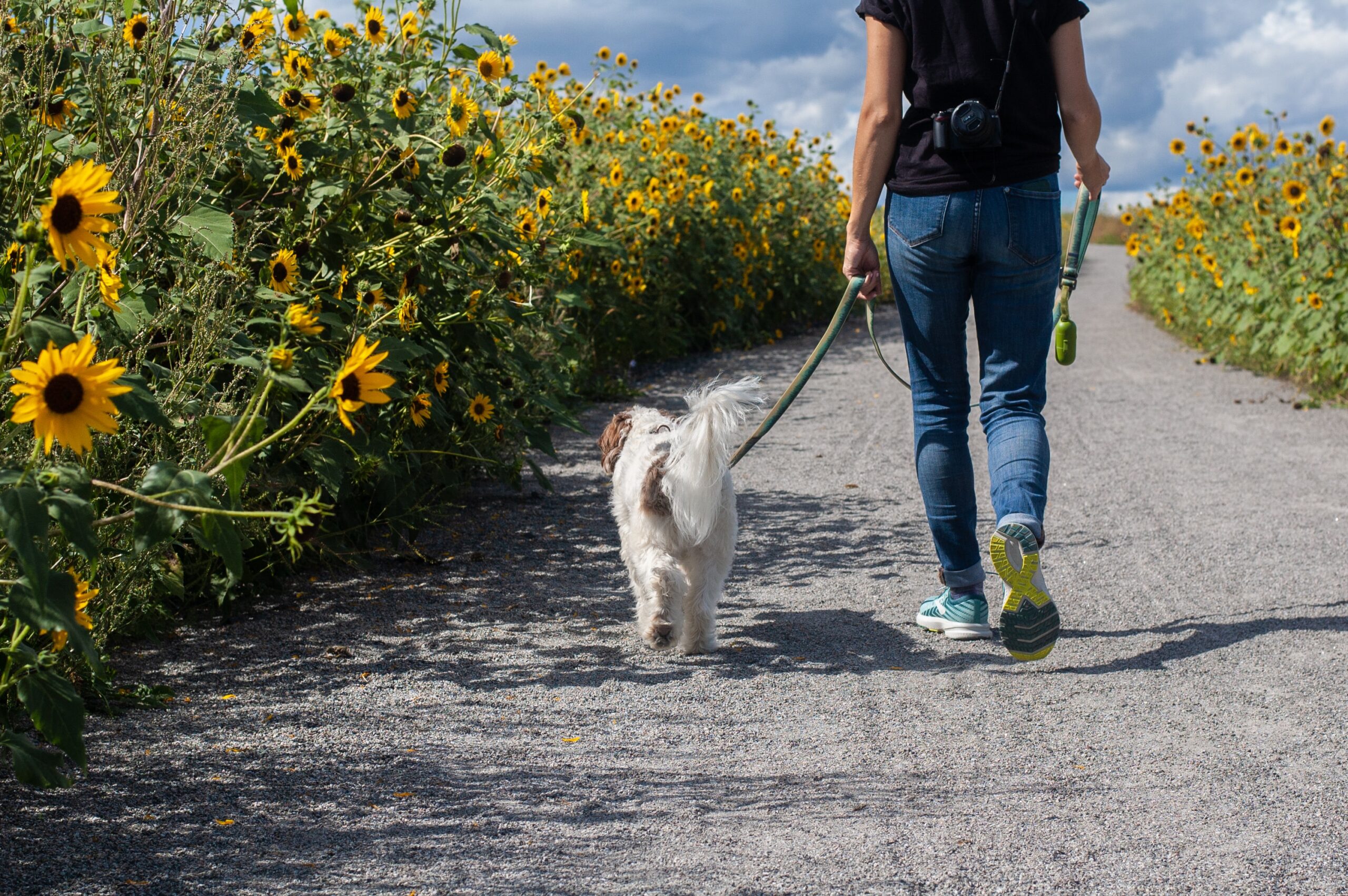What is Stress?
Our stress response is triggered by the brain, which plays an crucial role in our survival: detecting the threats in our environment. When a threat is identified, our brain triggers a series of actions and produces stress hormones.
You Find Yourself in a Stressful Situation. What is Happening?
Many situations can trigger a stress response: a big presentation at work, a competition, an important event, etc. Our body responds in many ways:
| Stress Response Signals | Why? |
|---|---|
| Pupils dilate | To see better in the dark. |
| Goosebumps appear | To appear larger (like a cat threatened by a dog). |
| Heart beat accelerates | To send more blood to the muscles. |
| Breathing becomes irregular | To send more oxygen to the muscles. |
| Muscles tighten | To prepare for combat. |
| Sweat glands open | To sweat and lower body temperature. |
| Digestion slows | To put more energy into combat (instead of digestion). |
| Gaze scatters | To find other threats. |
| Spontaneous anger | When we feel like we can’t adequately respond to the stressor, this frustrates us. |
| Constant thoughts about the stressful situation | Our brain gives the threat a lot of attention. |
| Forgetfulness | Our brain, concentrated on the threat, has trouble thinking about anything else. |
| Poor sleep | As soon as we try to sleep, our brain activates and ruminates the stressful thoughts. |
Stress is a weapon that you have to know how to handle in order to reap the benefits.
– Sonia Lupien, Par amour du stress

How to Control a Major Stressor
1. Rest
The stress response takes a lot of energy, so it’s important to give the body time to recharge. There are many options here: deep breathing, listening to calming music, singing, praying, surrounding yourself with people that keep you calm, petting an fury friend, etc. Find the activities that soothe you the most and incorporate them in your day-to-day to reduce the effect of the stressor.
2. Understand
Use the above table to recognize stress response signals and undertand why they exist. Accept that they are there to help you and that they are necessary for your survival. Keep in mind that there will always be stressful situations in life. When you’re anticipating a situation that has stressed you out in the past, arm yourself with strategies to rest and fight the effects immediately.
3. Gradually Recover
Once you recognize your stress response, you will be able to manage it more and more efficiently, and live with the physical signals. One of the best general prevention methods is to practice healthy and balanced lifestyle habits: partake in frequent self-care activities, surround yourself with people that uplift you, do exercise every day, get fresh air and rest. With these strategies, you will be well-equiped to face your next major stressor.
Inspired by Sonia Lupien’s Par amour du stress






